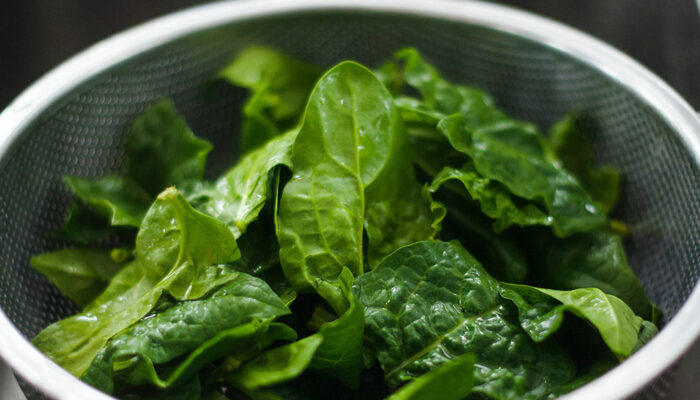
7 Dietary Tips for COPD Patients
Nutrition plays a vital role in people who have COPD because it has been proven that the food you eat can make your symptoms better or worse. As this isn’t common knowledge, it is vital for individuals to find out more about it. Accordingly, here are some nutrition tips for COPD patients, detailing the different nutrients, what to avoid, and what to eat.
- Carbohydrates
When it comes to carbohydrates you want to limit your intake of simple carbohydrates. Simple carbohydrates can be found in foods such as soft drinks, table sugar, and cakes among others. You should instead, choose to consume more complex carbohydrates. These can be found in foods such as fresh fruits, vegetables, whole-grain bread, and whole-grain pasta. If you need to lose weight, then you should focus on eating vegetables and fresh fruits, rather than eating pasta and bread. If you need to gain weight, then consuming a variety of whole-grain carbohydrates will help. - Mono- and poly-unsaturated fats
When it comes to fats, you want to choose foods that contain mono and poly-unsaturated fats, and not cholesterol-rich items. You can find these types of fats from various plant sources such as safflower, canola, and corn oils. These fats are in liquid form when at room temperature. For those who have been struggling with obesity, the consumption of mono and poly-unsaturated fats must be restricted because they lead to weight gain. - Fiber and protein
You should aim to eat anywhere between 20 grams to 30 grams of fiber every day. Ideally, the quote should be met from foods such as seeds, vegetables, nuts, pasta, fruits, and bread. Moreover, eating protein at least twice a day will be helpful as it strengthens the respiratory muscles. Protein sources you should choose include cheese, peas, milk, poultry, eggs, meat, and dried beans. If you want to gain weight then opt for protein with high-fat content. - Vitamins and minerals
Some people who have COPD find it best when they have multivitamins. As most people with the condition need to take steroids, you might also need calcium as a result. Your doctor may recommend taking calcium supplements. Ideally, experts suggest that you take those calcium supplements that include vitamin D. Taking calcium citrate or calcium carbonate can prove to be good sources of the nutrient. While adding vitamins and minerals can be beneficial to your health, never do it without consulting your doctor first. - Stay away from trans fats and saturated fats
Nutrition tips for COPD patients include limiting the intake of foods that contain saturated fat and trans fats. They can be found in a variety of everyday foods, but are extremely unhealthy when had in excess. Some examples including fried foods, lard, meat skin, and meat fat. You can find these fats in butter and hydrogenated vegetable oils too. Cookies and crackers often have these types of fats, so make sure you read the labels before buying. - Drink water
You should drink at least 6 to 8 glasses of water, but ensure that you confirm it with your doctor first. Drinking water will help the body excrete the mucus easily as it becomes thinner. You should not drink a lot of water at once. Instead, keep drinking water at regular intervals to ensure you are always hydrated. You can opt for caffeine-free drinks as well as these can help you increase your fluid intake. Foods rich in water content should be consumed as well. - Eat the right way
The way you eat matters as much as what you eat. Don’t eat a heavy meal immediately before or after exercising. Also, instead of 3 large meals, eat 5-6 small meals. If drinking water while you are eating your meal makes you feel fuller, then it is best if you limit its intake. You should also stay away from foods that can cause bloating or gas as they can cause breathing issues.



